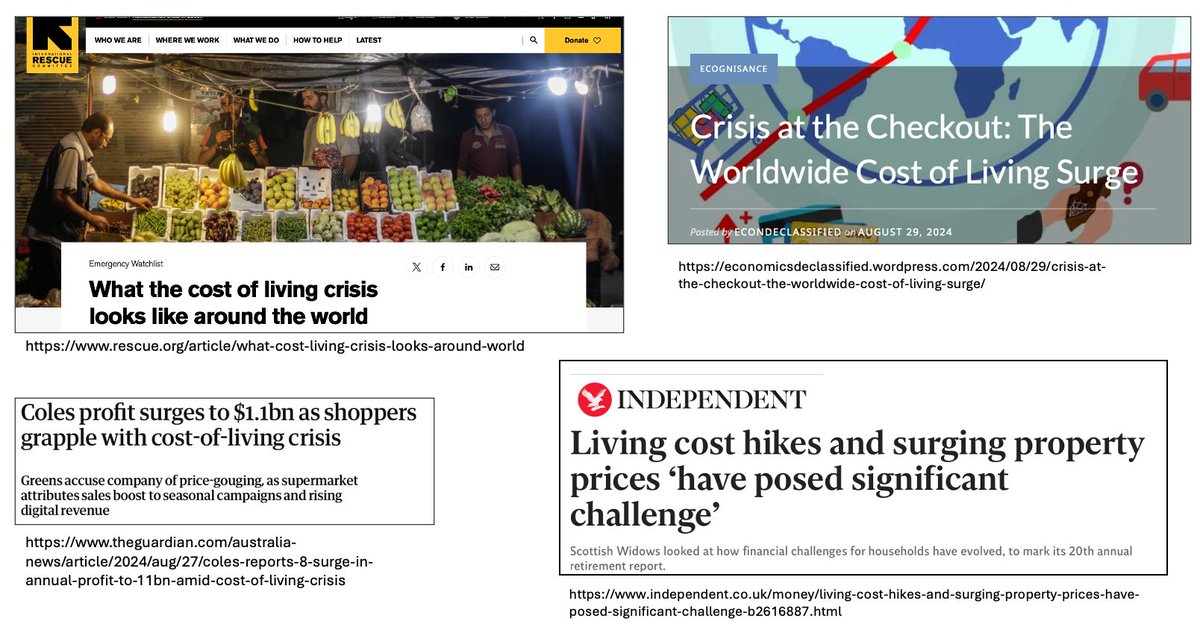Been doing some thinking about how the pandemic will end (@TRyanGregory & @madistod have been great sounding boards).
In particular, focusing on two questions relevant for sc2:
1. What does biology teach us about emergent pathogens?
2. What can past pandemics teach us?
(1/)
In particular, focusing on two questions relevant for sc2:
1. What does biology teach us about emergent pathogens?
2. What can past pandemics teach us?
(1/)
TL; DR is we’re all gonna die.
Just kidding. (Actually true if you wait long enough, but that thought is not an original one).
Some interesting titbits, details to follow): (2/)
Just kidding. (Actually true if you wait long enough, but that thought is not an original one).
Some interesting titbits, details to follow): (2/)
1. There is a wealth of biology literature on pathogen emergence & what happens to virulence.
It’s a very well studied problem and the stuff you hear “experts” say on the topic is quite different from what the literature says on it. The “experts” are using 1980s textbooks. (3/)
It’s a very well studied problem and the stuff you hear “experts” say on the topic is quite different from what the literature says on it. The “experts” are using 1980s textbooks. (3/)
2. This is a historic time to be a historian (of infectious disease at least).
Phylogenetic analysis is making history into a science. Molecular techniques are building new pictures of ancient events.
Many of the old stories were a bit “off”. (4/)
Phylogenetic analysis is making history into a science. Molecular techniques are building new pictures of ancient events.
Many of the old stories were a bit “off”. (4/)
Taken together, the emerging picture of historical pandemics tells a different one than we hear repeated by the “experts”.
There are significant implications for sc2. (5/)
There are significant implications for sc2. (5/)
In particular:
1. The tail risk may be larger than is currently anticipated. Much larger.
2. The pandemic will end one day. If we are shooting for endemicity as the end goal, that day will be many decades or centuries in the future.
3. Viral evolution is not our friend. (6/)
1. The tail risk may be larger than is currently anticipated. Much larger.
2. The pandemic will end one day. If we are shooting for endemicity as the end goal, that day will be many decades or centuries in the future.
3. Viral evolution is not our friend. (6/)
SC2 is still very much a solvable problem. Studying history and biology carefully gives us many clues as to how to win.
Allowing unrestrained viral evolution puts us on a path to defeat. People may be underestimating how ugly that could look. (7/)
Allowing unrestrained viral evolution puts us on a path to defeat. People may be underestimating how ugly that could look. (7/)
“Learning to live with” sc2 is a reckless choice, one that can go sideways at any moment.
The fact that it hasn’t happened yet is just ‘survivor bias’. We wouldn’t be having the conversation if it had already.
History & biology argue that we need a change of direction. (8/8)
The fact that it hasn’t happened yet is just ‘survivor bias’. We wouldn’t be having the conversation if it had already.
History & biology argue that we need a change of direction. (8/8)

• • •
Missing some Tweet in this thread? You can try to
force a refresh

















